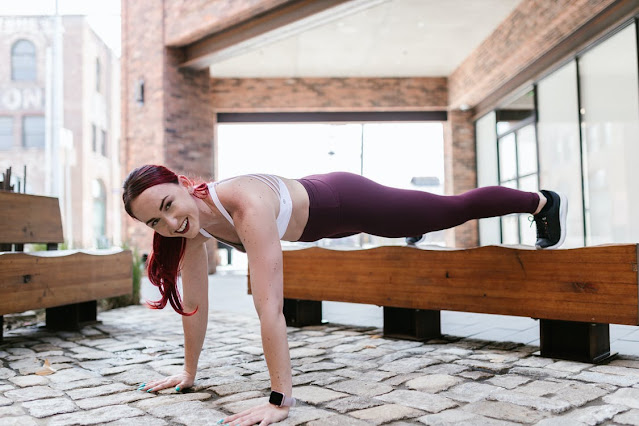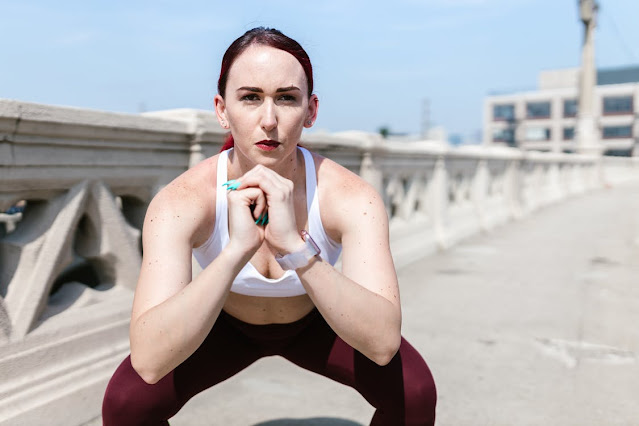Regular
exercise helps your immune system - with some research suggesting that it may
even lower your risk of developing serious respiratory illnesses, such as the
common cold. Even about 30 minutes of moderate exercise five times a week is
enough to bring benefits.
Since
exercise helps the immune system, some people may think that exercising while
you are sick may help you to “sweat.” Unfortunately, when it comes to the
common cold, there is no valid evidence that the illness can either alleviate
the illness or make it more severe.
There are a
few reasons why exercise is beneficial for our immune system. The first may be
partially explained by the hormones released during exercise. These are called
catecholamines - people may know better as adrenaline and noradrenaline. These
hormones play a vital role in our immune system by requesting rapid release of
vital cells that help detect the presence of germs or other germs in the body.
They also increase the amount of movement of our immune cells between the blood
and tissues - which is important in helping our immune system detect and
prevent infections caused by germs or other germs. Studies show that exercise
is one of the ways we can increase the levels of these important hormones in
our body.
When we
exercise, it also increases blood flow to help our bodies adapt to the growing
needs for exercise. This high blood pressure puts great strain on our blood
vessels, releasing certain immune cells called natural killer cells and T cells
that can be found lying on the walls of our blood vessels. Both natural killer
cells and T cells play a key role in killing the infected cells.
Exercise can
also be beneficial in combating infections in other ways. For example, older
adults who normally exercise for more than one month have been shown to have
faster skin lesions compared to a non-exercise control group. This rapid
healing process reduces the risk of infection and infection through skin
lesions.
All of these
combined mechanisms can improve our immune system and reduce our risk of
disease due to viral infections. You do not even have to be a regular gym-goer
to see the benefits. Three studies showed that when people who did not exercise
started walking fast for 40-45 minutes, five days a week, they saw fewer 40-50%
symptoms of upper respiratory tract infections compared to the control group.
Despite the
benefits of exercise in our immune system, it is difficult to know whether
exercising while suffering from a fever will help you to overcome your illness
faster than when you do not exercise. There are currently no studies to
investigate this, especially because it can be difficult to do this type of
research - especially since some participants will deliberately need to be
infected to compare whether exercise has an impact or not. Not only will this
be difficult to do, it may also be immoral.
So since
exercise is good for the immune system, why not exercise while you are sick
does not improve the immune system's response to infection? It is important to
remember, though, that exercise can also be stressful. This stress may make the
immune system less susceptible to infections. This may be in part because the
body needs more oxygen and energy (glucose) when we exercise - what our immune
cells need to help fight the virus. If the body is fighting an existing
infection and you are under pressure to exercise this may not benefit the
immune response.
But even
though there is currently no evidence that exercising while suffering from a
fever can help you to move faster, that does not mean that you cannot exercise
if you want to. If your symptoms are above the neck (such as a runny nose or
congestion), start by exercising with less energy than you would normally feel.
When you feel good, you can gradually increase your stamina. But if exercise
makes you feel worse, relax. It is also not recommended that you exercise if
you have a fever, muscle aches or vomiting.
If you want
to exercise while you are sick, make sure you are careful - especially if you
exercise close to other people. Since colds are common, it may be best to skip
the gym and exercise outdoors or at home to avoid the spread of contamination.
Regular
physical activity is a good way to help the immune system fight off many
infections, including the common cold and possibly COVID-19. But do not feel
that you have to exercise when you are sick. Sometimes the best cure for the
flu is to relax, dehydrate and take painkillers if needed.


